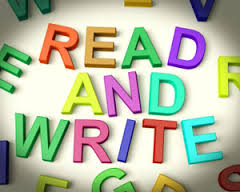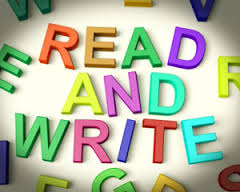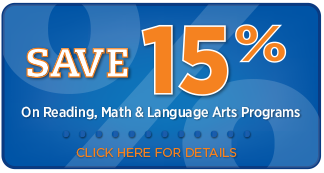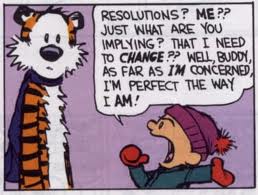What are the Expectations of Kindergarten? Think Tutoring’s Pre-K 4 Program can Help!
 Tuesday, October 23, 2018 at 1:05PM
Tuesday, October 23, 2018 at 1:05PM  Kim Mongak/Christy Morris
Kim Mongak/Christy Morris As a parent of a preschooler, I can tell you that I already feel overwhelmed. Will my child be ready for Kindergarten? As an educator, I ask questions. What knowledge and skills do children possess when they start Kindergarten? How prepared are my children for the social and academic demands of the classroom? Should I get my child extra help?
Having a strong team of educators around your child is necessary in today’s world. Children need strong parents, teachers at school, and even educators outside of the classroom. It can only help to build confidence and motivation.
 Think Tutoring has redesigned its Pre-K 4 Program to help every child. Topics include, but are not limited to, letter recognition, letter formation, letter sounds, phonics, sight words, vocabulary, listening skills, comprehension, shapes, colors, and basic math. Think Tutoring's Pre-K 4 Program is designed to make your child confident and ready for Kindergarten.
Think Tutoring has redesigned its Pre-K 4 Program to help every child. Topics include, but are not limited to, letter recognition, letter formation, letter sounds, phonics, sight words, vocabulary, listening skills, comprehension, shapes, colors, and basic math. Think Tutoring's Pre-K 4 Program is designed to make your child confident and ready for Kindergarten.
Call Think Tutoring at 973-593-0050 for a free consultation and tour.
Also, for more information on kindergarten expectations, please read the New Jersey Department of Education’s Kindergarten Guide.






